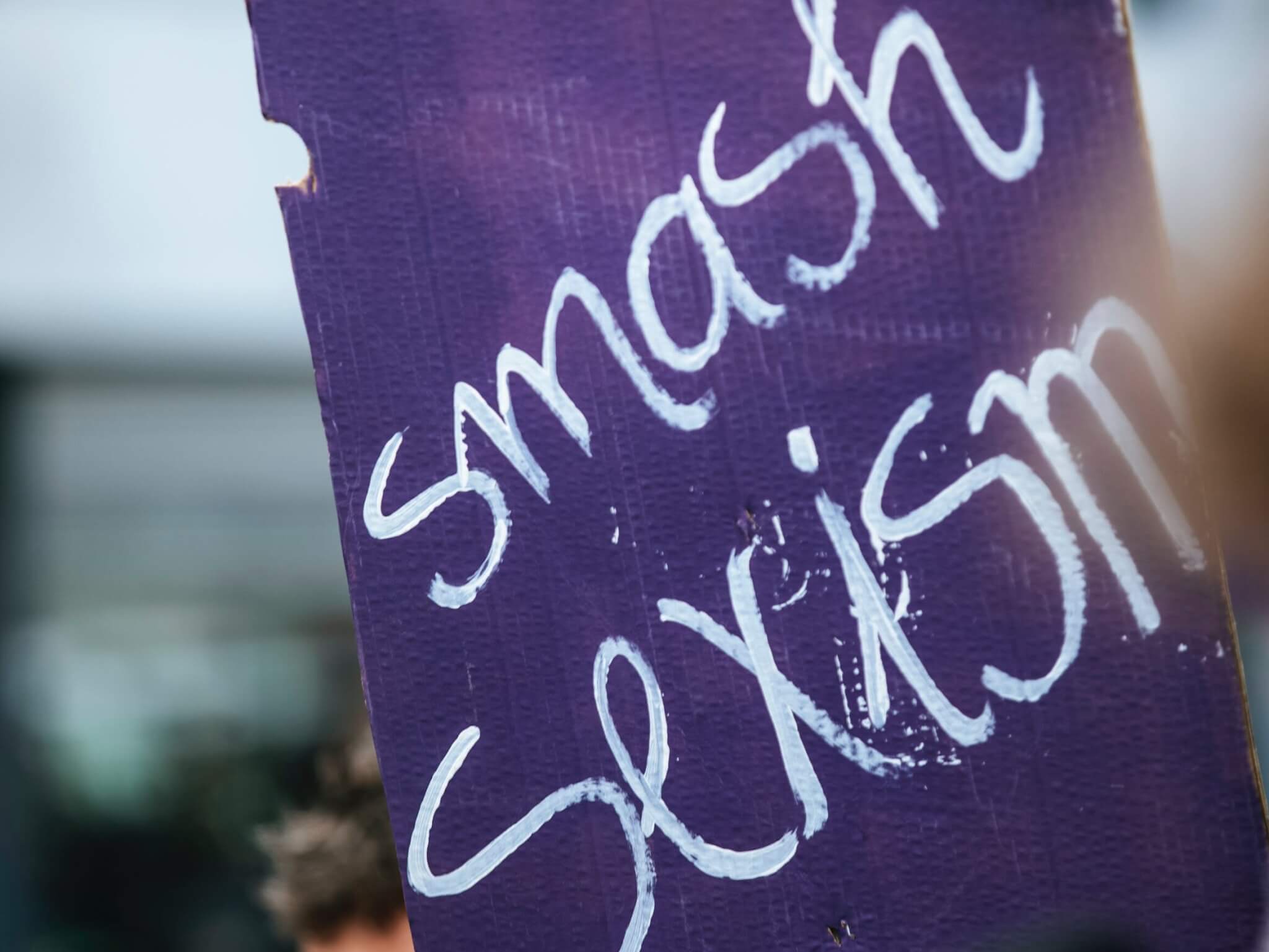Patriarchal structures
The persistence of gender disparities can be traced back to deep-seated patriarchal systems that have historically dominated many societies. Governments, legal systems, religions, corporations and more have long excluded women’s voices and needs. These systems perpetuate unequal power dynamics, where men often hold positions of authority and decision-making. Breaking down these ingrained structures is vital in challenging the root causes of gender-based discrimination and inequity.

Unconscious bias
Unconscious bias also powerfully perpetuates discrimination, influencing attitudes and behaviors toward women and girls. Extensive studies using implicit association tests reveal both women and men continue to harbor automatic biases associating men with leadership, intelligence, competence and authority. These deeply ingrained biases often operate at a subconscious level, shaping perceptions and decision-making processes, thereby reinforcing gender-based stereotypes and limiting opportunities for women to advance in various spheres.

Resistance
Backlash and active resistance to women’s empowerment have emerged as a response to feminist progress. This resistance fuels the proliferation of anti-feminists movements and the implementation of traditionalist policies, further exacerbated by the rise of political extremism and fundamentalism that undermine the hard-fought rights of women. Such opposition underscores the need for continued advocacy and efforts to dismantle regressive ideologies, fostering a more inclusive and equitable environment for women and girls globally.

Lack of prioritization
The persistence of gender inequity and discrimination is further exacerbated by a lack of sufficient political action to address these systemic issues. Women’s needs are often marginalized in the policymaking process, leading to inadequate allocation of resources for critical areas such as healthcare, education access, and economic empowerment. Visibility and political will to tackle these issues remain lacking, signaling they are not urgent priorities.

